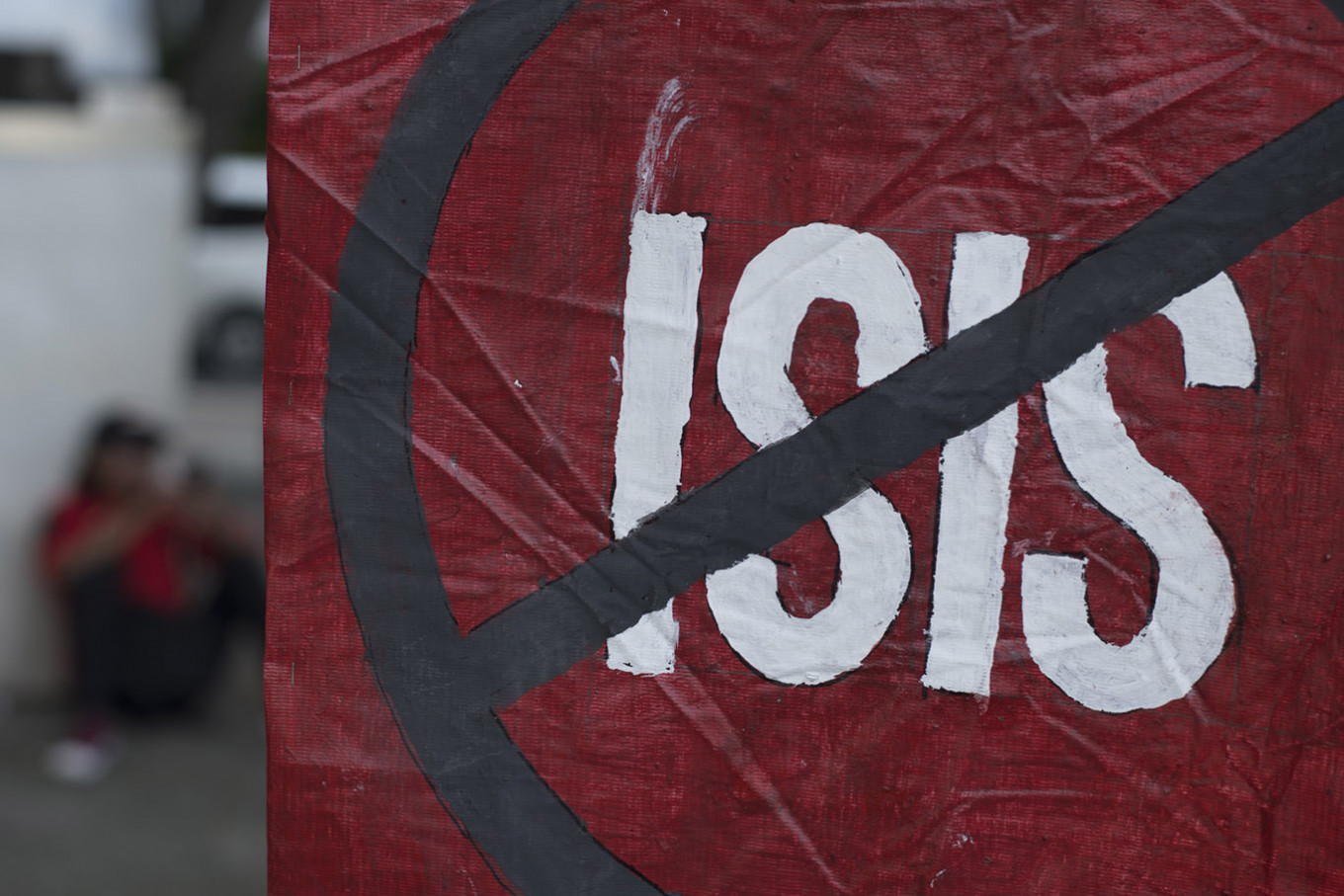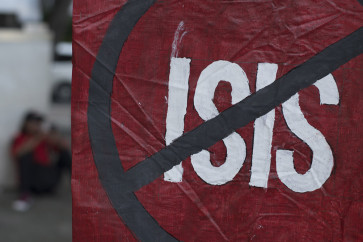Popular Reads
Top Results
Can't find what you're looking for?
View all search resultsPopular Reads
Top Results
Can't find what you're looking for?
View all search resultsIs repatriation of Islamic State detainees necessary?
How we should deal with minors who have been raised to accept violence and how would they mingle in schools and neighborhoods if they return home?
Change text size
Gift Premium Articles
to Anyone
D
iscussions on repatriating former fighters of the Islamic State (IS) movement and their families have intensified in Indonesia four months after the killing of IS leader Abu Bakar Al Baghdadi last October.
In contrast, developed countries have been dealing with this problem more intensively since IS suffered a major defeat in mid-2017.
As Indonesia is the world’s largest Sunni-Muslim-dominated country, the Islamic denomination that IS claims to represent, it is surprising that we seem to fail to pay attention to the fate of the former fighters and their families from Indonesia.
To some people, the issue poses a dilemma concerning humanity, justice and human rights. For instance, not all spouses of the former fighters were likely to have made independent decisions prior to fleeing to Iraq and Syria. Some might even have been victims of deception.
Yet, to determine if this was the case, the Indonesian government could still conduct case-by-case assessments. However, who would pay for the costs? Are all taxpayers willing to let the government use our taxes to assess and handle the surviving former fighters and their families? I’m afraid not.
Naturally, the Indonesian government seeks to keep citizens safe from terrorism and some people should be considered persona non grata, like former IS fighters. President Joko “Jokowi” Widodo is quite right to reject such persons as he stated earlier as his “personal” opinion. Under such persona non grata status neither former fighters nor their supporters would, of course, be entitled to government facilities, such as rehabilitation and assistance.
Those fighters and supporters were by definition foreign combatants, although not military, and should no longer be considered Indonesian citizens from the moment they declared allegiance to IS — although our citizenship law only excludes those who clearly pledge allegiance to a foreign country and IS was never recognized as such. Even Syria and Iraq are reluctant to bear the burden of the cost of keeping them behind bars, where conditions are also prone to human rights violations.


















